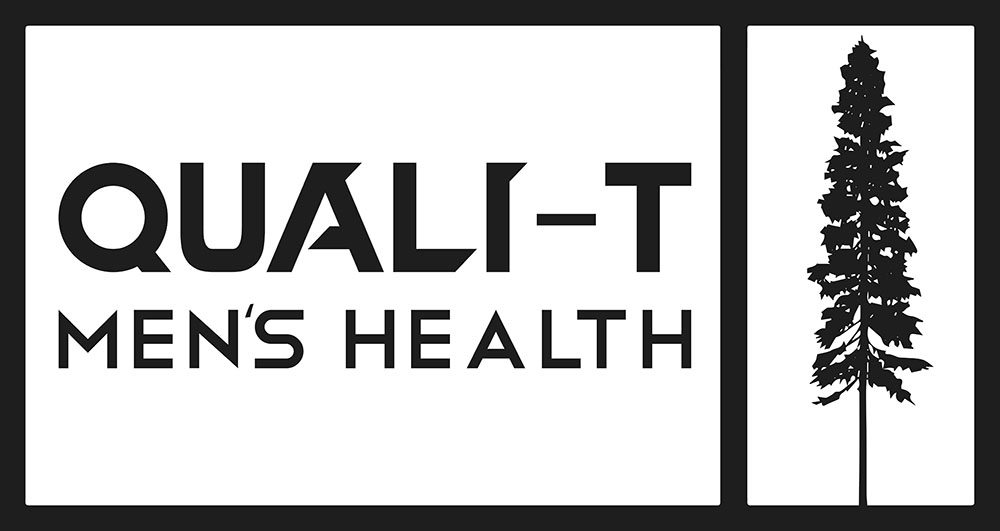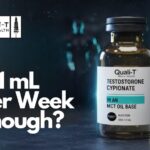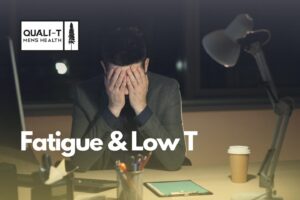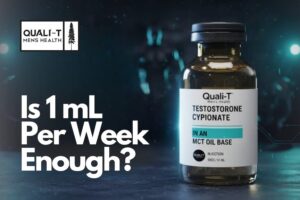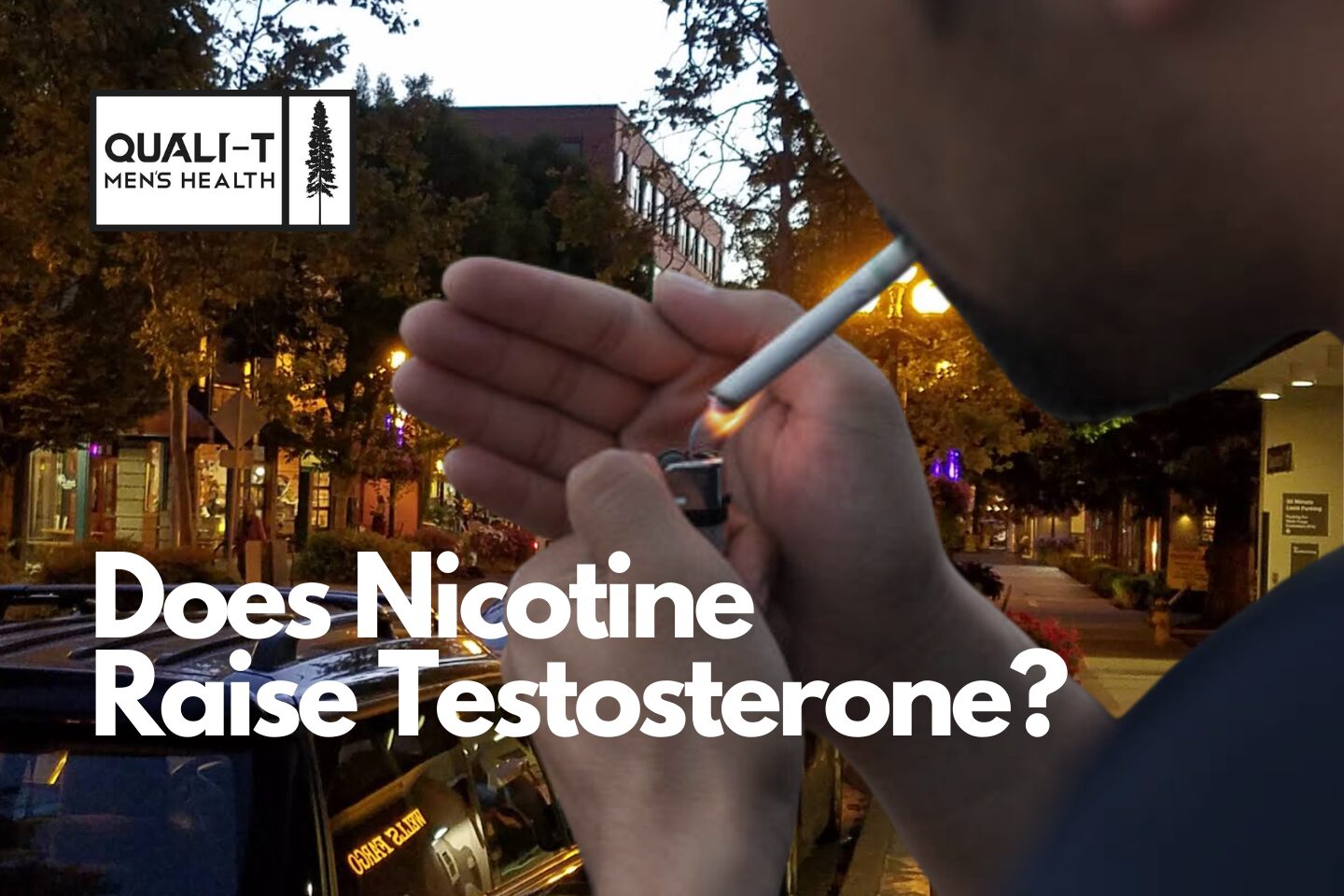
The Truth About Smoking, Hormones, and TRT in Salem & Eugene
Nicotine’s effect on testosterone has confused researchers for decades. Some studies show smokers have higher testosterone levels, while others reveal no strong correlation. So, does nicotine actually boost testosterone — or just trick your body into a short-lived spike?
- Does nicotine raise testosterone levels? Maybe, temporarily, due to an imperfect biological mechanism. Any fleeting rise is unsustainable and comes at the cost of significantly greater health risks.
- Is nicotine good for testosterone? No. Its long-term effects—elevated cortisol, reduced blood flow, and toxin-related damage—are overwhelmingly negative for hormonal health and overall well-being.
According to a publication from the National Library of Medicine, a meta-analysis of 22 studies involving 13,317 men aged 18 to 61 found that smokers had, on average, 1.53 nmol/L higher total testosterone levels compared to non-smokers. In contrast, an analysis of six studies including 6,089 women aged 28 to 62 found that smoking was not clearly associated with testosterone levels in females.
The Short-Term "Boost”: A Scientific Anomaly
A number of studies have found that men who smoke cigarettes or use chewing tobacco sometimes exhibit higher levels of total and free testosterone compared to non-users. In some large cross-sectional studies, smokers have been found to have total testosterone levels up to 15% higher than their non-smoking counterparts.
Why the Temporary Increase?
Scientists don’t have a definitive answer, but there are a few leading theories:
- Metabolic Interference: Nicotine and its metabolites (like cotinine) may compete with testosterone for the same enzymes that break down and clear hormones from the body. By slowing the breakdown of testosterone, it could temporarily remain at higher levels in the bloodstream.
- Hormonal Axis Stimulation: Nicotine is a stimulant. It may temporarily impact the hypothalamic-pituitary-adrenal (HPA) axis, potentially causing a brief spike in hormones like Luteinizing Hormone (LH), which signals the testicles to produce testosterone.
However, this temporary finding should be viewed with extreme caution, as it is often based on correlation, not causation. It’s possible that individuals who naturally have higher testosterone levels are also more likely to engage in riskier behaviors, like smoking, or that other lifestyle factors are at play.
The Long-Term Reality: Nicotine is a Net Negative
1. Hormonal Imbalance and The Stress Factor
Chronic use of nicotine—whether from cigarettes, vapes, or even smoke-free alternatives—is associated with:
- Increased Cortisol: Nicotine stimulates the release of cortisol, the body’s primary stress hormone. High and chronic cortisol levels are known to directly suppress the production of testosterone. This is one of the most detrimental long-term effects.
- Testicular Damage: The hundreds of toxins in inhaled tobacco smoke (not just nicotine) can directly damage the Leydig cells in the testes, which are responsible for producing testosterone. This makes the answer to “Do cigars increase testosterone?” a resounding no in the long run, as cigars contain the same harmful toxins as cigarettes.
2. Reproductive and Sexual Health Risks
Regardless of a temporary testosterone reading, nicotine and tobacco use pose clear risks to male reproductive health:
- Erectile Dysfunction (ED): Nicotine is a vasoconstrictor—it damages blood vessels and impairs blood flow. Healthy testosterone is useless without the necessary blood flow for sexual function. Smoking is a major, well-established risk factor for ED (among other issues like heart attack and stroke).
- Reduced Sperm Quality: Studies consistently link smoking and chronic nicotine use to a decrease in sperm count, motility, and overall fertility.
The TRT Solution for Low T in Salem & Eugene, OR
If you are genuinely concerned about optimizing your testosterone levels, the healthiest, most sustainable paths involve foundational lifestyle changes—including quitting nicotine.
However, for many men, low testosterone (Low T) is a medical condition that needs direct treatment. If you are struggling with chronic fatigue, low libido, muscle loss, or mental fog, these are not symptoms you have to “power through.”
The good news is that having a healthier level of testosterone makes it easier to lead a healthier life and easier to quit bad habits like smoking.
We are the trusted TRT Clinic serving Salem, Eugene, and the entire Willamette Valley.
Instead of relying on harmful substances that disrupt your hormones, we offer safe, medically-supervised Testosterone Replacement Therapy (TRT) to restore your levels to a healthy range. Get started today – schedule a free consultation.
